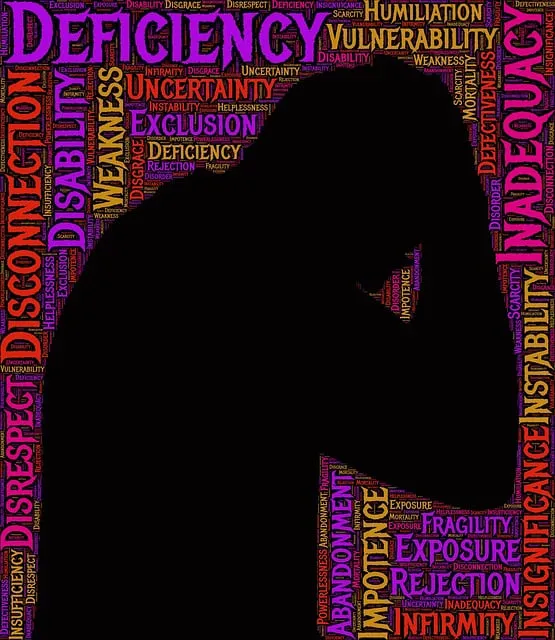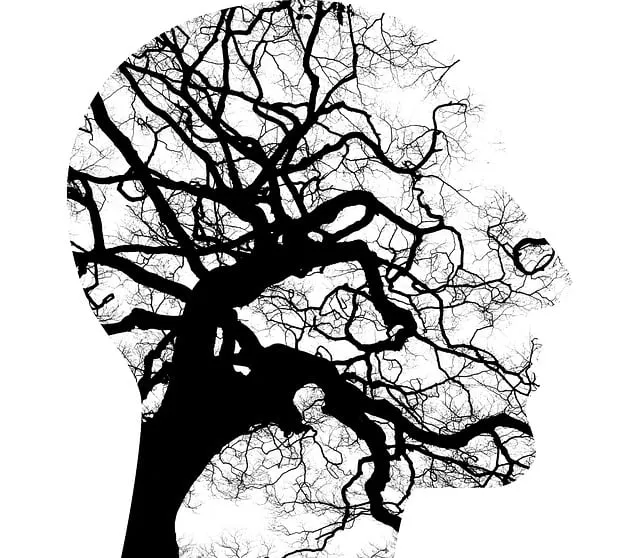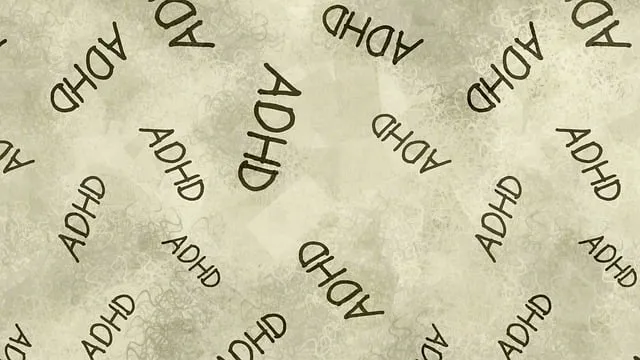Arvada Kaiser mental health programs champion accurate media representation of mental illness to combat stereotypes, reduce stigma, and encourage help-seeking behaviors. They educate both audiences and creators about the nuances of mental health challenges, developing inclusive public awareness campaigns that highlight diverse experiences. Through initiatives like Mood Management, Anxiety Relief, and Mind Over Matter principles, Arvada Kaiser fosters empathy, understanding, and supportive environments, destigmatizing mental health issues and promoting early intervention for improved well-being.
Mental illness representation in media significantly influences public perceptions, often perpetuating harmful stereotypes. This article explores strategies to challenge these misconceptions, focusing on the innovative work of Arvada Kaiser’s mental health programs. We’ll delve into the impact of media portrayal on mental health, examine Arvada Kaiser’s approach to promoting accurate representation, and discuss effective methods for combating stereotypes in both media and society.
- Understanding the Impact of Media Portrayal on Mental Health Perceptions
- Arvada Kaiser's Approach to Promoting Accurate Mental Illness Representation
- Implementing Effective Strategies for Challenging Stereotypes in Media and Society
Understanding the Impact of Media Portrayal on Mental Health Perceptions

Media representation plays a significant role in shaping public perceptions about mental health. The way mental illnesses are portrayed in films, television shows, and news media can either promote understanding or perpetuate harmful stereotypes. When media depicts mental health conditions accurately, it raises awareness, reduces stigma, and encourages individuals to seek help. Positive representations can inspire hope and provide a sense of validation for those living with similar experiences.
However, inaccurate or insensitive media coverage can have detrimental effects. Depictions that stigmatize mental illness may discourage individuals from discussing their struggles openly. For example, portraying characters with mental health issues as violent, unpredictable, or completely disabled reinforces negative assumptions. The Arvada Kaiser mental health programs emphasize the importance of balanced and nuanced storytelling to promote a healthier understanding of these conditions. By encouraging responsible media representation, these initiatives aim to foster empathy, improve access to care, and ultimately support Depression Prevention, Stress Reduction Methods, and Emotional Regulation in communities across the board.
Arvada Kaiser's Approach to Promoting Accurate Mental Illness Representation

Arvada Kaiser takes a proactive approach to promoting accurate mental illness representation through its comprehensive mental health programs. Recognizing the profound impact of media on public perception, the organization focuses on educating both consumers and creators about the complexities of mental health challenges. Their strategy involves developing effective communication strategies that challenge stereotypes and misrepresentations prevalent in the media.
Through these initiatives, Arvada Kaiser fosters public awareness campaigns that highlight the diversity of experiences within the mental health spectrum. They emphasize the importance of empathy, understanding, and supportive environments for individuals navigating coping skills development. By engaging in these efforts, they strive to create a more inclusive narrative, ensuring representation that resonates with authenticity and compassion.
Implementing Effective Strategies for Challenging Stereotypes in Media and Society

Implementing effective strategies to challenge stereotypes about mental illness in media and society is a multifaceted approach that requires collaboration between various stakeholders. Organizations like Arvada Kaiser Mental Health Programs play a pivotal role by providing specialized services, educating communities, and promoting inclusive narratives. Through initiatives focused on Mood Management and Anxiety Relief, these programs aim to destigmatize mental health issues while empowering individuals to embrace their journeys of healing.
By integrating Mind Over Matter principles, media platforms can foster conversations that reflect the diversity of human experiences with mental illness. This involves portraying accurate, empathetic characters who challenge preconceived notions and offer relatable stories. Such representation not only educates but also encourages viewers to seek support, understanding the importance of early intervention and ongoing care for managing and improving mental well-being.
Media plays a significant role in shaping societal perceptions of mental illness, and accurate representation is crucial. By examining the impact of media and implementing strategies like those offered by Arvada Kaiser’s mental health programs, we can challenge stereotypes and foster understanding. These initiatives encourage positive changes, ensuring that mental illness is portrayed realistically, thus promoting support and reducing stigma in society.






